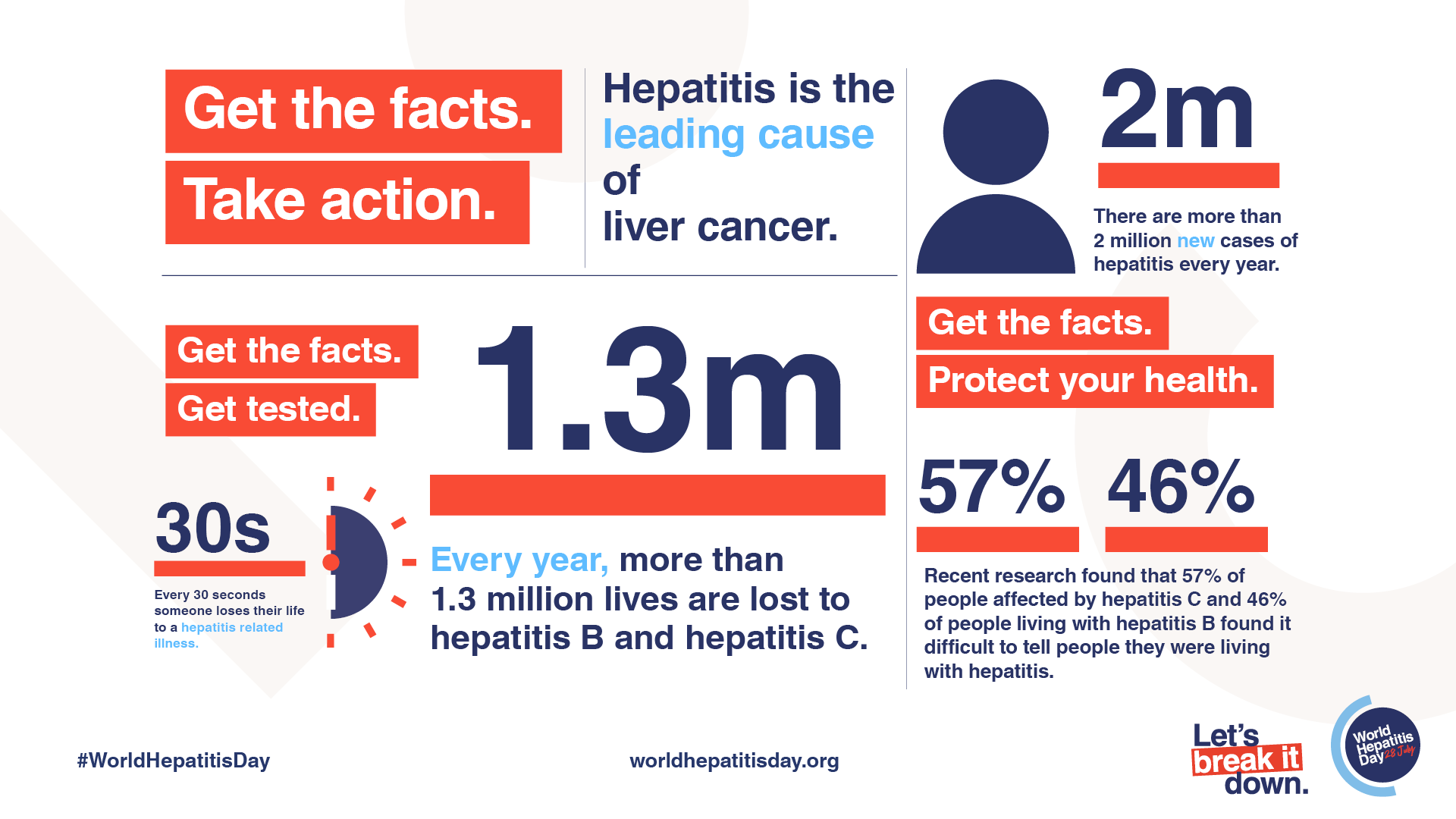Highlighted Resource: What Do Residents Want From Clinical Supervision in Primary Care Practice?
Jan 7, 2026 10:15:00 AM / by Janice Moore, MLS posted in Primary Care, family medicine, rural health
Highlighted Resource: Unpacking the Primary Care Clinician Index
Dec 4, 2025 7:00:00 AM / by Janice Moore, MLS posted in Primary Care, healthy NC 2030
 North Carolina needs primary care clinicians to support the state’s rapidly growing population, and the Primary Care Clinician Index from the Sheps Center tracks changes in the healthcare workforce. This recent article in the NC Medical Journal discusses the changes that this index shows in the NC healthcare workforce, highlighting the statewide patterns in clinician location and type.
North Carolina needs primary care clinicians to support the state’s rapidly growing population, and the Primary Care Clinician Index from the Sheps Center tracks changes in the healthcare workforce. This recent article in the NC Medical Journal discusses the changes that this index shows in the NC healthcare workforce, highlighting the statewide patterns in clinician location and type.
To learn more, check out the ADL’s December 1 Highlighted Resource: Unpacking the Primary Care Clinician Index: Understanding How Changes in Population and Workforce Supply Affect Access to Primary Care in North Carolina
For more on health factors in NC, check out the latest issue of the NC Medical Journal: Turning the Curve: Halfway to Healthy North Carolina 2030
Vaya Health Network Provider Communication
Sep 29, 2025 2:30:00 PM / by Practice Support Team posted in Medicaid, Medicaid Managed Care, Primary Care, behavioral health, practice management

North Carolina Division of Health Benefits officially notified Vaya Health of upcoming changes to the NC Medicaid fee schedule rates effective October 1, 2025. The new detailed fee schedule changes have not yet been provided.
Vaya Health notified network providers in their recent bulletin that it will update their systems to implement the fee schedule changes no earlier than November 1, 2025. If there is no legislative agreement by October 31, Vaya will implement the rate cuts on November 1, retroactive to the effective date of October 1. On that date they plan to update their systems to pay at the newly published rates, and will take steps to recoup the difference in reimbursement for services provided back to October 1.
Vaya indicated they will issue more detailed communications soon, and provided links to email them with questions as well as a link to join the Vaya Provider Touchpoint webinar on October 3rd.
Join us at the Second Annual Piedmont Area Falls-Free Expo!
Sep 17, 2025 11:30:00 AM / by Practice Support Team posted in Primary Care, Geriatric, falls, physical therapy, Adult health

Register now to attend the (free) Second Annual Piedmont Area Falls-Free Expo!
Open to health care professionals and the adults they serve, this year's expo is filled with events--- from stability and balance exercise classes to chair yoga, to educational presentations including the importance of hearing in fall risk and other concepts related to fall prevention in older adults.
Did we forget to mention there is also free food and raffles to win prizes?
WHEN: Wednesday, September 24, 2025
WHERE: Intergenerational Center for Arts and Wellness
114 West 30th Street, Winston-Salem, NC 27105
TIME: 9:30 AM - 2:30 PM
Registration is available online or by phone at (336) 904-0328.
Use these links to learn more and view the schedule of events.
Need free Contact Hours on this topic? Could your staff benefit from a refresher on falls in older adults?
Northwest AHEC has two self-paced, interactive, online courses on the topic! Check them out!
Falls: Screening, Risk Assessment and Care Planning for Older Adults in the Community
Double Trouble: Diabetes and Falls
Medicaid Managed Care Virtual Office Hours
Aug 19, 2025 9:45:00 AM / by Practice Support Team posted in Medicaid, Medicaid Managed Care, Primary Care, practice management
 WEBINAR
WEBINAR
Virtual Office Hours
STAY IN THE KNOW: Key NC Medicaid Updates for Provider Office Staff
Thursday, September 4 | noon - 1 p.m.
Please join us on Thursday, September 4 from noon-1 p.m. for an informative Virtual Office Hours webinar to get updates and hear the latest statuses on hot program topics that are impactful to the provider community! Get the insights and resources you need to navigate upcoming developments with NC Medicaid.
Webinar topics will include:
- EPSDT: Pay and Chase
- Carolina ACCESS Enrollment Refresher
- Maintaining Eligibility Program
- Children and Family Specialty Program – Provider Contracting
- Credentialing Committee Updates
- Avoid Common Enrollment Application Issues Cont’d
- Key Resource: NC Medicaid Provider Ombudsman
Register by clicking the blue button below. We look forward to connecting with you!
Need ABMS Continuing Certification Credit?
Aug 13, 2025 2:30:00 PM / by Practice Support Team posted in Primary Care, Quality Improvement, Pediatrics, MOC IV

Did you know?
The North Carolina AHEC Practice Support Program is an approved provider of the North Carolina Maintenance of Certification (NC MOC) program.
Through this approval, physicians and physician assistants who work with a Practice Support coach to improve care for patients will meet the requirements of their specialty boards to maintain certification in their specialty (Family Medicine, Internal Medicine and Pediatrics).
To Qualify:
- Contact your coach
- Enroll in a clinical improvement activity with NC AHEC Practice Support (The coach will work with you and your team to align your efforts to satisfy other requirements like MIPS, Medicaid PHP quality incentives).
- Complete the requirements
- Complete the attestation form (your coach will help) and submit it
- Once the coach gives word that your credit was approved, confirm the status with your accrediting body
Learn more about this benefit from North Carolina AHEC here.
August 31, 2025: International Overdose Awareness Day
Aug 12, 2025 10:00:00 AM / by Leslie D McDowell, DNP, ANP-BC, RN posted in Primary Care, Pediatrics, opioid use disorder, opioids, naloxone
From 2000-2023, more than 41,500 North Carolinians lost their lives to a drug overdose. Each day in 2023, 12 North Carolinians died from a drug overdose. Recent year death data is not yet final, but an estimated 3,025 North Carolinians (8 per day) are suspected to have died from an overdose in 2024.

Overdose does not discriminate.
One important way you can help is to have Naloxone on hand, ensure it is available to your patients and their families, and educate yourself, your staff, and people you care about, how Naloxone saves lives.
A person with a substance use disorder cannot begin recovery if they are not alive!
Who should have Naloxone on hand?
In 2018, United States Surgeon General, Dr. Jerome Adams, issued a public health advisory emphasizing the importance of naloxone in savings lives. In this advisory, he recommended the following groups of people carry naloxone and know how to use it:
- Individuals taking high doses of opioids as prescribed for the management of chronic pain
- Individuals taking prescription opioids concurrently with alcohol or sedating medications (i.e. benzodiazepines)
- Individuals misusing prescription opioids or using illicit opioids such as heroin
- Individuals with a history of opioid use disorder
- Individuals completing opioid detoxification
- Individuals recently discharged from emergency medical care following an opioid overdose
- Individuals recently released from incarceration with a history of opioid use disorder
- Family and friends of people who have opioid use disorder
- Community members who come into contact with people at risk for opioid overdose
Learn more here:
Responding to an Opioid Overdose
Source: https://naloxonesaves-nc.org/safer-use-and-overdose-prevention/what-is-naloxone/
Everyone is struggling with something others know nothing about.
Jul 28, 2025 10:15:00 AM / by Leslie D McDowell, DNP, ANP-BC, RN posted in Primary Care, Pediatrics, patient care

Their behavior may become increasingly confrontational as a result.
Healthcare settings are places of intensified emotion.
How well do you and your staff respond to escalating confrontational behaviors from patients and their families?
Q: (Excluding COVID-19), what is the world's deadliest virus?
Jul 22, 2025 9:00:00 AM / by Leslie D McDowell, DNP, ANP-BC, RN posted in Primary Care, medicare, Vaccination, Hepatitis C, Preventive Care, sexually transmitted infections, hepatitis
The answer is The Hepatitis Virus.
Hepatitis is also the leading cause of liver cancer!

World Hepatitis Day is July 28th
What is Hepatitis?
An inflammation of the liver, most commonly caused by a viral infection. There are five main hepatitis viruses (A, B, C, D and E). These are of greatest concern because of the burden of illness and death they cause, and the potential for outbreaks and spread.
Different Types of Hepatitis:
A: Primarily spread when an unvaccinated person ingests food or water that is contaminated with the feces of an infected person. Does not usually cause chronic liver disease. Closely associated with unsafe water or food, inadequate sanitation, poor personal hygiene, and oral/anal sex. An effective vaccine is available.
B: Spread when an unvaccinated person is exposed to infected blood or body fluids from an infected person, including from infected mother to child at birth. A safe and effective vaccine offers 98-100% protection. Potentially life-threatening liver infection and a major global health problem. Puts people at high risk of death from cirrhosis and liver cancer.
C: As a bloodborne virus, Hepatitis C is most commonly spread through sharing needles when injecting drugs, and through sexual contact. If appropriate practices are not followed, it can also be spread via inadequate sterilization of medical equipment in healthcare settings or transfusion of unscreened blood / blood products. There is no effective vaccine against hepatitis C.
D: Infection with this strain cannot occur in the absence of hepatitis B. This co-infection is considered the most severe form of chronic viral hepatitis due to faster progression to cancer and liver-related death. Vaccination against Hepatitis B is the only way to prevent hepatitis D infection.
E: Most commonly found in countries with limited access to essential water, sanitation, hygiene and health services. (Some outbreaks have occurred in war zones and camps for refugees or internally displaced populations.) This virus is shed in the stools of infected persons and enters the human body through the intestine. A vaccine to prevent this strain is licensed in China but is not yet available elsewhere.
Did you know.......
Medicare covers Hepatitis B Screening, Hepatitis B immunization and administration, and Hepatitis C Screening ? (It also covers HIV Screening, and since HIV is also a blood-borne virus often associated with hepatitis viruses, can be transmitted through sexual contact, (seniors ARE sexually active), it is important to offer this as well.)
Sources:
Too Busy to Onboard Students in Your Practice? Let AHEC help!
Jul 2, 2025 9:30:00 AM / by Practice Support Team posted in Primary Care, students, practice management

The AHEC Standardized Onboarding and Credentialing program aims to improve the process of placing health science students in clinical placements through partnerships as well as onboarding and credentialing tools.
These tools help reduce the time and resources needed to onboard and credential students to clinical rotations. These tools, as well as support and guidance from AHEC and other partners, can make it easier for small practices to host students, helping to increase opportunities for training, and ultimately increasing clinical capacity. To get started or for more information, please contact Aubrey Delaney, Associate Director Onboarding and Credentialing at Audelaney@wakeahec.org.
Learn more: Standardized Student Onboarding and Credentialing.






